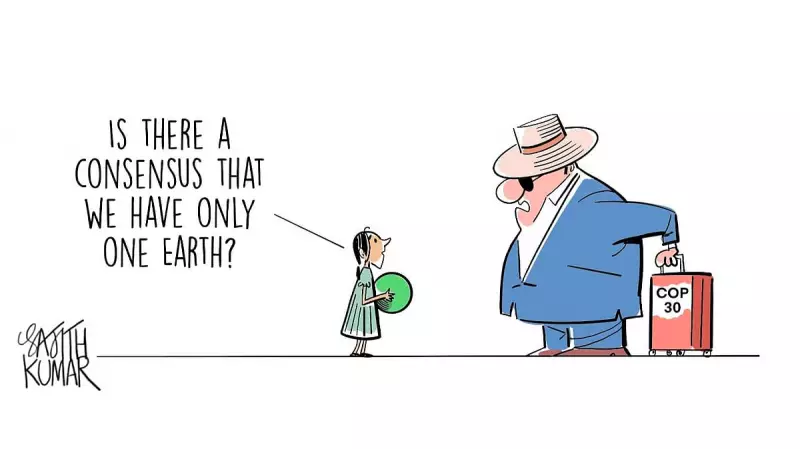
World leaders and environmental experts are preparing for the highly anticipated COP30 climate summit, where critical decisions about our planet's future will be made. This gathering comes at a crucial moment in the global fight against climate change, with recent scientific reports indicating accelerating environmental degradation.
The Stakes at COP30
The upcoming conference represents a pivotal moment in international climate diplomacy. Delegates from nearly 200 countries will convene to address the growing gap between current climate commitments and what scientists say is necessary to prevent catastrophic warming. The summit follows a year of record-breaking temperatures, extreme weather events, and concerning environmental data that has heightened the urgency for meaningful action.
Recent assessments from leading climate organizations show that current national pledges would result in warming far exceeding the Paris Agreement targets. This reality places immense pressure on participating nations to strengthen their emission reduction targets and establish concrete implementation plans. The conference will particularly focus on the responsibilities of developed nations, who historically have contributed most to atmospheric carbon levels.
Key Agenda Items and Controversies
Several contentious issues are expected to dominate discussions at COP30. The ongoing debate about climate finance for developing nations remains a significant point of contention. Many vulnerable countries continue to demand that wealthier nations fulfill their previous commitments to provide financial support for both mitigation and adaptation efforts.
Another major topic involves the phasing out of fossil fuels and establishing clear timelines for transitioning to renewable energy sources. While most nations acknowledge the necessity of this transition, disagreements persist about the pace and funding mechanisms required to make it equitable and effective. The role of emerging technologies, including carbon capture and storage, will also feature prominently in technical discussions.
Potential Outcomes and Global Impact
Environmental advocates hope COP30 will produce binding agreements with measurable targets and accountability mechanisms. The success of the summit will likely be judged by whether participants can move beyond rhetoric and establish enforceable commitments. Many observers are particularly watching for progress on establishing a global carbon trading system and standardized reporting requirements.
The decisions made at this conference will have far-reaching consequences for global economic policies, energy infrastructure investments, and international relations. Business leaders and investors are closely monitoring developments, as new climate commitments could significantly impact numerous industries and market dynamics. The summit's outcomes may also influence public opinion and grassroots environmental movements worldwide.
As preparation intensifies, civil society organizations are mobilizing to ensure that diverse perspectives, including those of indigenous communities and youth activists, are represented in the discussions. The world watches with anticipation as this critical moment in global climate governance approaches.





